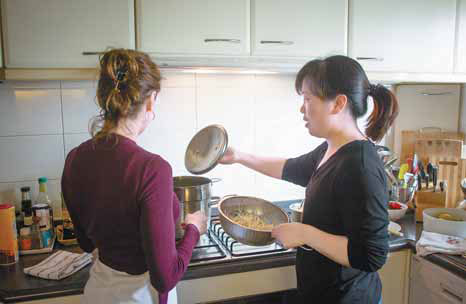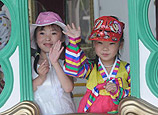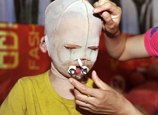
 |
| The basic requirements forayi include cooking, cleaning and doing laundry. |
Huge market
"Twenty-four million people work in China's household service industry and I would say that people like Xue are the rarest of the rare. They belong to a very small premier circle that accounts for just 1 to 2 percent of the total," said Amanda Sheng, 30.
In 2010, Sheng set up an agency, MD Maid Service, to provide domestic service for Shanghai-based expats. In the first year of business, she won 15 contracts, but now, the number has soared to 200.
The most-recent census, conducted by the Shanghai authorities in 2010, showed that there were more than 200,000 expats living in the municipality. Today, the number is expected to have risen greatly.
"The number of expat families in Shanghai is huge, and growing every year. Since we opened in 2005, our company has seen client numbers grow by 20 to 30 percent annually," said Cindy Xu, marketing manager of CC Shanghai, an agency that provides maid services.
The agency also cooperates with the human resources departments of a number of foreign-invested companies to find ayi, the word can be both singular and plural, for newly relocated workers in Shanghai.
Cultural differences
Expat families attach great importance to honesty and satisfactory previous performance, so references from former employers are always required, said Xu.
However, most Chinese families don't bother with references, preferring to judge the suitability of a worker during a trial period, she said.
She pointed out that the working environment is more stable in expat families, which has a lot to do with the higher rate of pay and welfare. Most ayi work for the same employer for at least two to three years, or until the employer leaves China.


















 Photo story: Mask girl's hard life
Photo story: Mask girl's hard life


![]()
